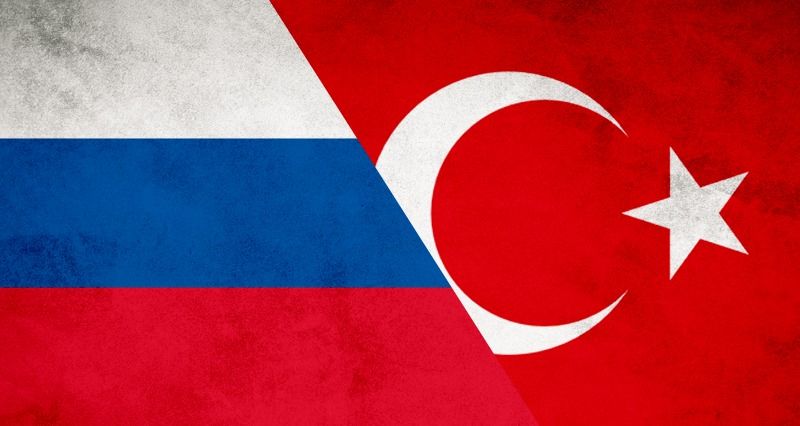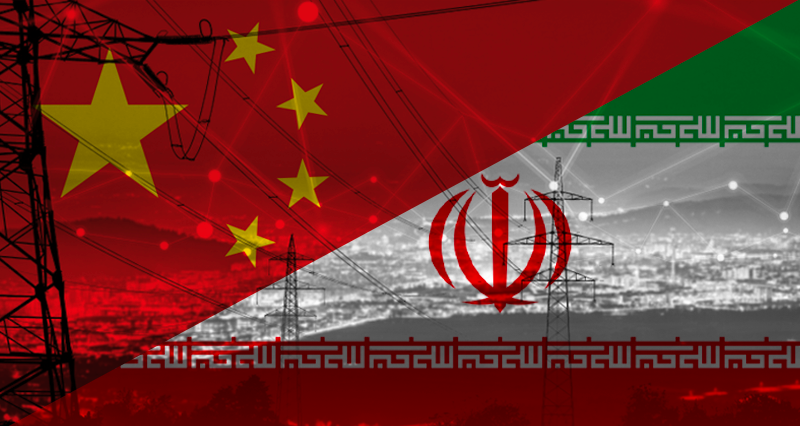On April 8, Turkish president Erdogan met Russian president Vladimir Putin.
The meeting of the two leaders marked the opening of Turkish-Russian cultural interchange and tourism season. This is the third meeting of Erdogan with Putin since the beginning of 2019.
Rusya’da iş dünyası temsilcileri toplantısındayız. https://t.co/Z9nCDfWjql
— Recep Tayyip Erdoğan (@RT_Erdogan) April 8, 2019
S-400
One of the major topics of the meeting was the question of S-400 missile defense system sales. This deal was heavily criticized by the US government: US vice-president Mike Pence said that Turkey must choose between NATO and collaboration with Russia (in the context of the S-400 sales).
As Anadolu news agency notes, “the U.S. believes that S-400 defense systems will pose a threat to its F-35 fighter jets.” On April 1, the United States stopped supplying F-35 fighters to Turkey in protest of the purchase of the S-400 system.
Turkey must choose. Does it want to remain a critical partner in the most successful military alliance in history or does it want to risk the security of that partnership by making such reckless decisions that undermine our @NATO alliance?
— Vice President Mike Pence (@VP) April 3, 2019
In March, Turkish President Recep Tayyip Erdogan said in an interview with Habertürk, that Russia will begin supplying S-400 anti-aircraft missile systems to Turkey in July 2019.
Turkey had earlier joined the program to develop the multi-functional F-35 fight jet. Ankara was ready to spend about 11 billion dollars on the purchase of several dozen planes.
At the same time, the NATO member state had already repeatedly complained about its allies, pointing out that the United States did not want to sell Patriot air defense systems to them. The leadership of the alliance was already exerting pressure, forcing Turkish politicians to terminate a contract for the Chinese air defense system HQ-9.
In 2017, an alternative solution was found: for $ 2.5 billion, Turkey could purchase four units of the S-400 air defense system from Russia. The first deliveries were to begin in 2020, but the parties agreed to speed up the process by moving the deadlines to the summer of 2019.
Syria
The key strategic issue of the talks between Putin and Erdogan was the search for a solution to the crisis in Syria. They decided to form a Committee designed to develop a formula for a political settlement after the final destruction of Islamic State groupings, which has more or less already happened. However, the victory over DAESH also puts new challenges on the agenda.
Turkey controls a number of areas in north Syria, supports the militants in Idlib and is extremely hostile towards Syrian Kurds. The Syrian Kurds, in turn, rely mainly on the Americans who are now allegedly leaving Syria.
“I note that Russia and Turkey, as guarantors of the Astana process, continue to make vigorous, concerted efforts for a long-term normalization of the situation in this country. We coordinate actions in the context of revitalizing the internal Syrian political process, including with a view to the early formation of a constitutional committee, ”Putin said.
“Another important part of our cooperation is that we, together with you, jointly continue the fight against terrorist groups that pose a threat to our region. This is especially true of the steps that we have already taken and will take in the Syrian direction. I believe that today’s meeting of the Cooperation Council at the highest level is of great importance in this regard, ”said Erdogan.
Turkey’s Erdogan, Putin talk priority issues in Moscow https://t.co/M8Tq9r8mS5 pic.twitter.com/nfAFEh5BxT
— ANADOLU AGENCY (ENG) (@anadoluagency) April 8, 2019
Experts say that this meeting was a step towards the strengthening of the Ankara-Moscow-Tehran triangle.
Turkstream
The Turkstream pipeline project will allow more than 30 billion m3 of Russian gas to be delivered to consumers along the bottom of the Black Sea, bypassing Ukraine.
For Turkey, the pipeline grants an opportunity to earn money on the gas transit to European countries. Turkey will eventually become a new hub for gas supplies to the Balkans and southern Europe. For Russia, Turkstream represents the possibility of bypassing Ukraine in providing gas abroad.
Currently, Russian gas enters Turkey via the Blue Stream gas pipeline and moves through Ukraine, Moldova, Romania and Bulgaria via the Trans-Balkan corridor. The trans-Balkan corridor is a route for the supply of Turkish Botas and private Turkish gas importers. Through the Trans-Balkan gas pipeline, private Turkish companies buy about 10 billion cubic meters a year from Gazprom. In total, in 2017, gas supplies from the Russian Federation to Turkey amounted to 29.03 billion cubic meters.
“First of all, I want to mention “Turk-Stream ”. Yes, indeed, the construction of the offshore section of the pipeline has been completed. Construction of the land part continues as planned. We have a task to finish the construction of this part of the pipeline as well ”, – Erdogan said.
Putin said that there are still disagreements over gas prices between the Turkish side and Gazprom. However, there can be no questions on the issue for the Russian company, since the prices are determined by the market. Putin drew journalists’ attention to the fact that Gazprom, unlike other suppliers, never violates their agreement with Turkey.
Golan Heights
Turkey and Russia agree on the question of the Golan Heights.
“Everything Netanyahu does is contrary to international norms. But Israel is behind the United States. The United States does not pay attention to the UN decisions, they recognized the sovereignty of Israel over the Golan Heights. You can’t accept what they cook for the Middle East. This will lead to chaos and sad consequences for the region. We will discuss this problem today in Moscow, ” Erdogan said.
“As for the recognition of the Golan Heights as part of Israel, you know the position of Russia. It is stated in the statement of the Russian Foreign Ministry. This decision [of the USA] contradicts the relevant resolutions of the UN Security Council, ” Putin said.
Results of collaboration between Turkey and Russia
“We are observing and stating a good level of development in our relations: the growth rate of trade is 15%, the total amount has reached $ 25 billion. We have a very large amount of cooperation in the field of international relations. Here, we are also actively developing contacts through the Ministry of Foreign Affairs, the Ministry of Defense, and military-technical cooperation, ”said the Russian president while opening the meeting.
‘Turkey aims $100B trade volume with Russia’ https://t.co/Vud1QQn5LP pic.twitter.com/jqOYfHm1kx
— ANADOLU AGENCY (ENG) (@anadoluagency) April 8, 2019

















Leave a Reply